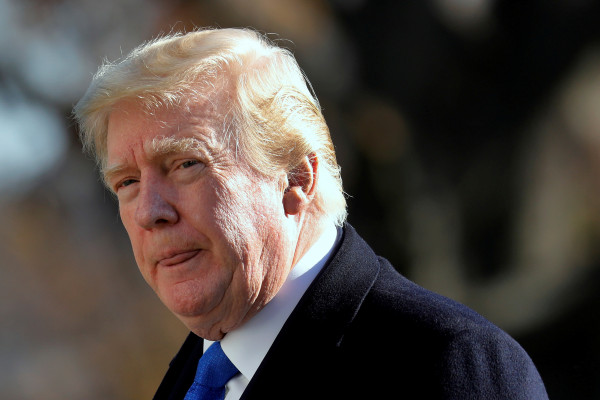Decoding Trump's Federal Indictment: A Deep Dive into the Seven Charges and Possible Sentences

The federal indictment filed against former President Donald Trump comprises seven different charges, each with its own distinct potential penalties, amounting to a maximum of 75 years of incarceration if he is convicted on all counts.
Trump, the 76-year-old former leader of the free world, was indicted last Thursday by a federal grand jury on criminal charges. The allegations revolve around his suspected improper handling of confidential White House documents found at his Mar-a-Lago residence in Florida and an alleged attempt to obstruct the government's effort to retrieve them.
Trump is facing the following charges according to sources familiar with the case: deliberate retention of national defense documents, conspiracy to obstruct justice, document withholding, corrupt concealment of records, hiding a document during a federal investigation, engaging in a scheme to conceal, and making false statements.
“All seven charges emanate from an Espionage Act charge,” Jim Trusty, Trump's attorney, clarified to CNN, indicating that each charge could potentially result in imprisonment.
Trump allegedly kept hundreds of classified documents at his Palm Beach resort, which were discovered during two separate FBI raids conducted last year. He has argued that he has declassified everything originating from the White House and has the power to do so merely by considering it.
However, the Espionage Act clearly forbids anyone, including the president, from deliberately retaining national defense information. This violation can lead to a maximum sentence of 10 years and/or a fine.
In addition, Trump is accused of instructing others to mislead government officials during their efforts to gather the classified documents in his possession, an act that could be categorized as obstructing justice. Such actions carry another maximum sentence of 10 years and/or a fine.
Moreover, it's alleged that Trump knowingly sifted through boxes of confidential government documents with the intent to keep some of the material. The unlawful removal and retention of such documents could result in a maximum sentence of 5 years and/or a fine.
In a charge that carries one of the most severe punishments — potentially up to 20 years in prison and/or a fine — Trump is accused of corruptly concealing documents, including intimidating others to mislead a federal investigation and unlawfully retaining classified materials.
Furthermore, Trump could be sentenced to another 20 years if found guilty of intentionally hiding classified documents during federal investigators' searches of his private residences.
Another accusation posits Trump purposely concealed classified documents during and immediately after his term in office, an act that carries a maximum sentence of 5 years and/or a fine. This sentence could be extended to 8 years if associated with domestic terrorism.
Lastly, for allegedly making false statements about retaining top-secret government papers within his private residence, Trump could face a maximum sentence of 5 years and/or a fine.
If found guilty on all charges, the former president might face a combined prison sentence of 75 years.














